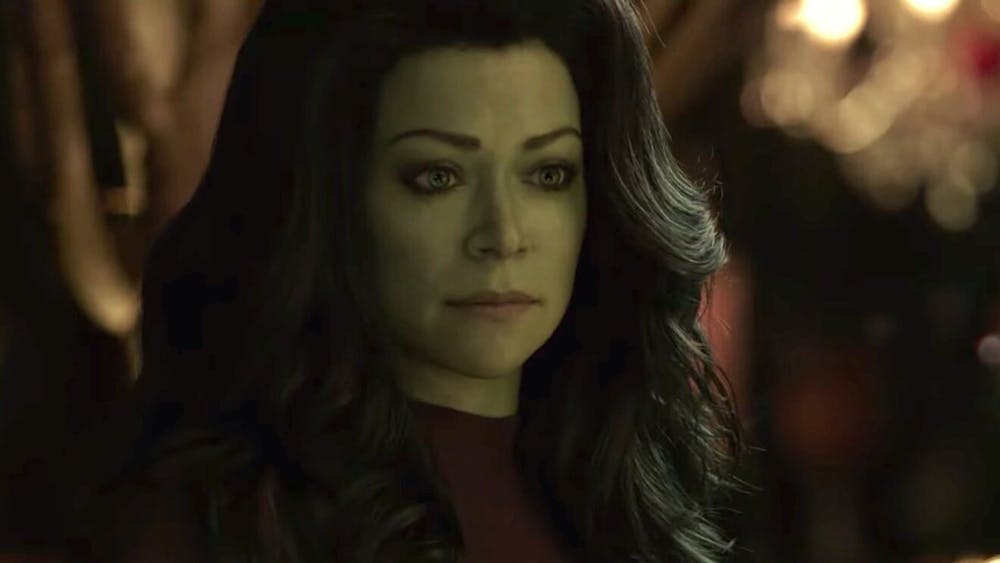How often have you heard the phrase “girls can’t like anything?” It was something I uttered to friends daily in middle school, frustrated that I couldn’t enjoy things without having to prove it. This mindset is applied in every subset of fandom, affecting every corner of fandom engagement.
As one might guess, it all stems from the systemic issue of misogyny, but the true roots are far more complex. Girls are often overshadowed in fandom spaces by men who like the same thing, often creating a toxic environment that pushes away anything feminine.
Let’s look at “She-Hulk: Attorney At Law.” The new Marvel series stars a witty, self-aware She-Hulk becoming an attorney for superheroes within the Marvel universe. Based on the Marvel comics of the titular character, the show offers something clearly more directed at a female audience, featuring stars like Megan Thee Stallion, who does not pander to a male audience. She-Hulk was the quintessential fourth-wall breaking, raunchy superhero years before Deadpool was conceived. She was a hero for women, but a monster for men.
The series used real-world inspiration for its presentation of toxic fandom culture, bringing the series back to its meta roots. Even though the portrayal of this fandom is supposed to be exaggerated, real-life fanboys complained about She-Hulk being too bulky. What did they expect, a frail looking woman attempting to lift a car? She doesn’t even appear to be remotely as buff as her male counterpart, greatly disappointing many non-male fans of Marvel.
Even spaces designed for women and girls end up more saturated with men, often complaining about the lack of quality or substance. “Bodies, Bodies, Bodies” is a perfect example of this. Written and directed by women and starring mostly women, this movie incredibly centers the Gen-Z queer experience by creating a funny slasher film. However, this breakthrough film has received horrific backlash, seemingly because it’s made by women. It’s called “a 95-minute advertisement for cleavage” and “a crime against slasher flicks” because the girls wear tank tops in the summer and it’s not “Halloween.”
Sadly enough, the first review I mentioned is written by a woman. This is ultimately what fandom culture does: it forces women to tear other women down, thus gaining approval from the men in the space. This so-called “pick-me” culture is immensely damaging. By tearing down other women for the approval of a predominately male audience, it’s doing the work of misogyny without involving men in the equation.
I’m not saying that women have to like everything other women do. I didn’t love it when Rory Gilmore slept with Dean right before his wedding, but I didn’t feel the need to call her a slut. Sure, I was disappointed, but women are complicated people too. It shouldn’t be a good thing when Barney Stinson is a womanizer and a bad thing when Rory makes one bad decision.
Everyone deserves to see themselves represented on screen. Those representations shouldn’t be picked apart for all their horrible traits when it’s just a buff woman or an accurate styling of 20-something girls. Fandom should do better. I don’t know when it actually will.
Char Jones (they/her) is a sophomore studying English and journalism.






